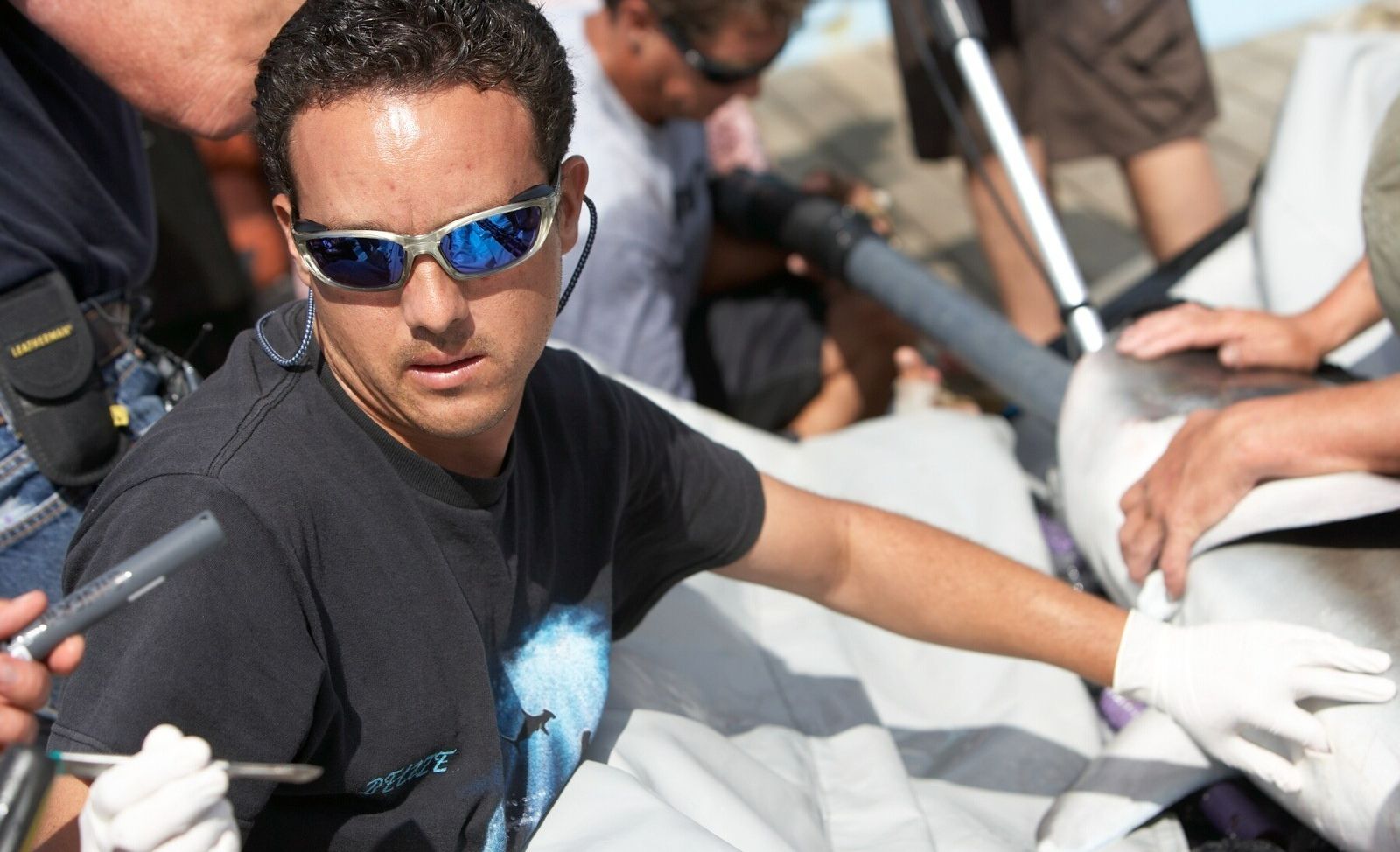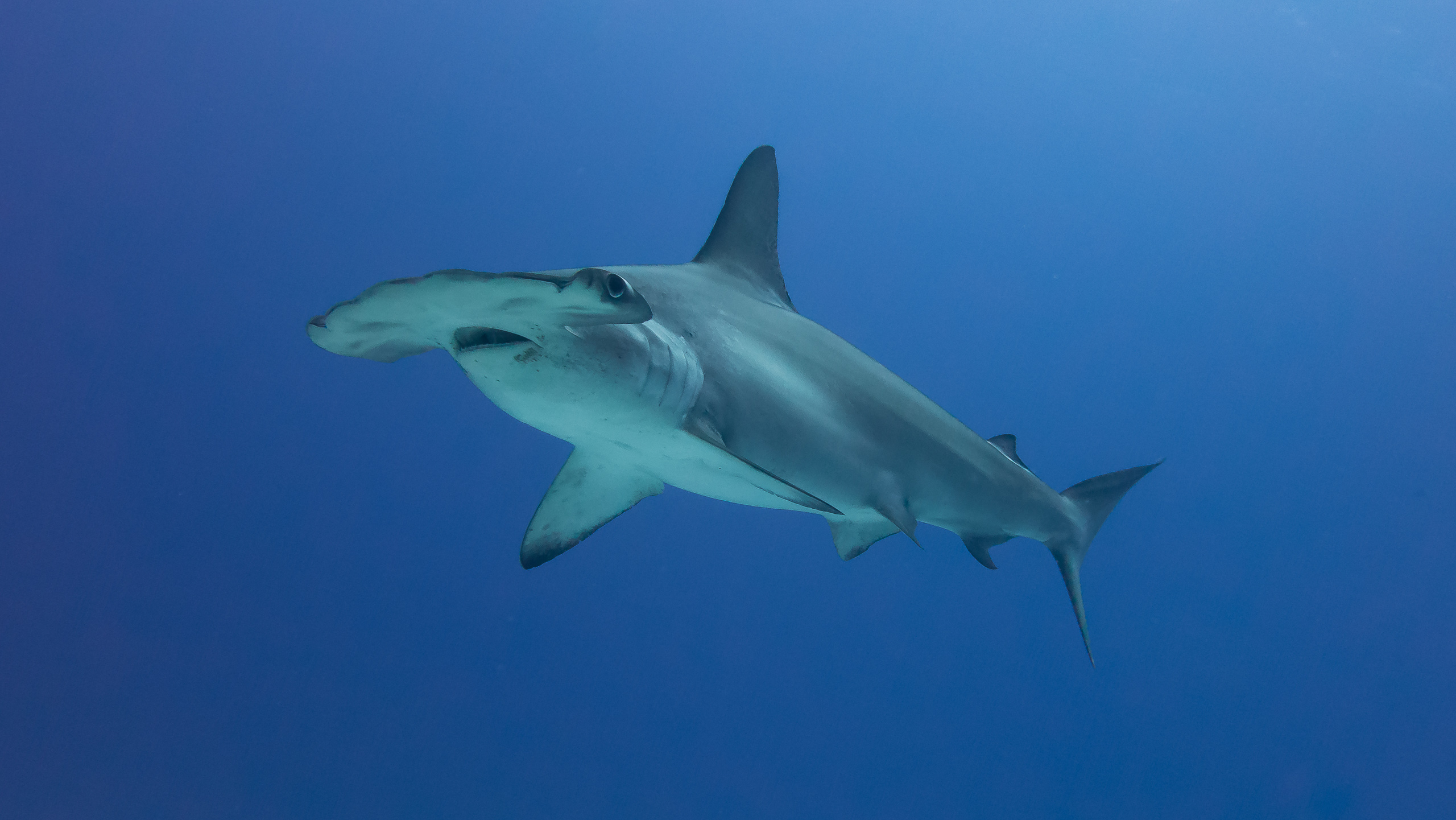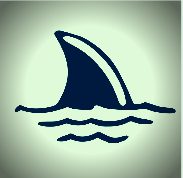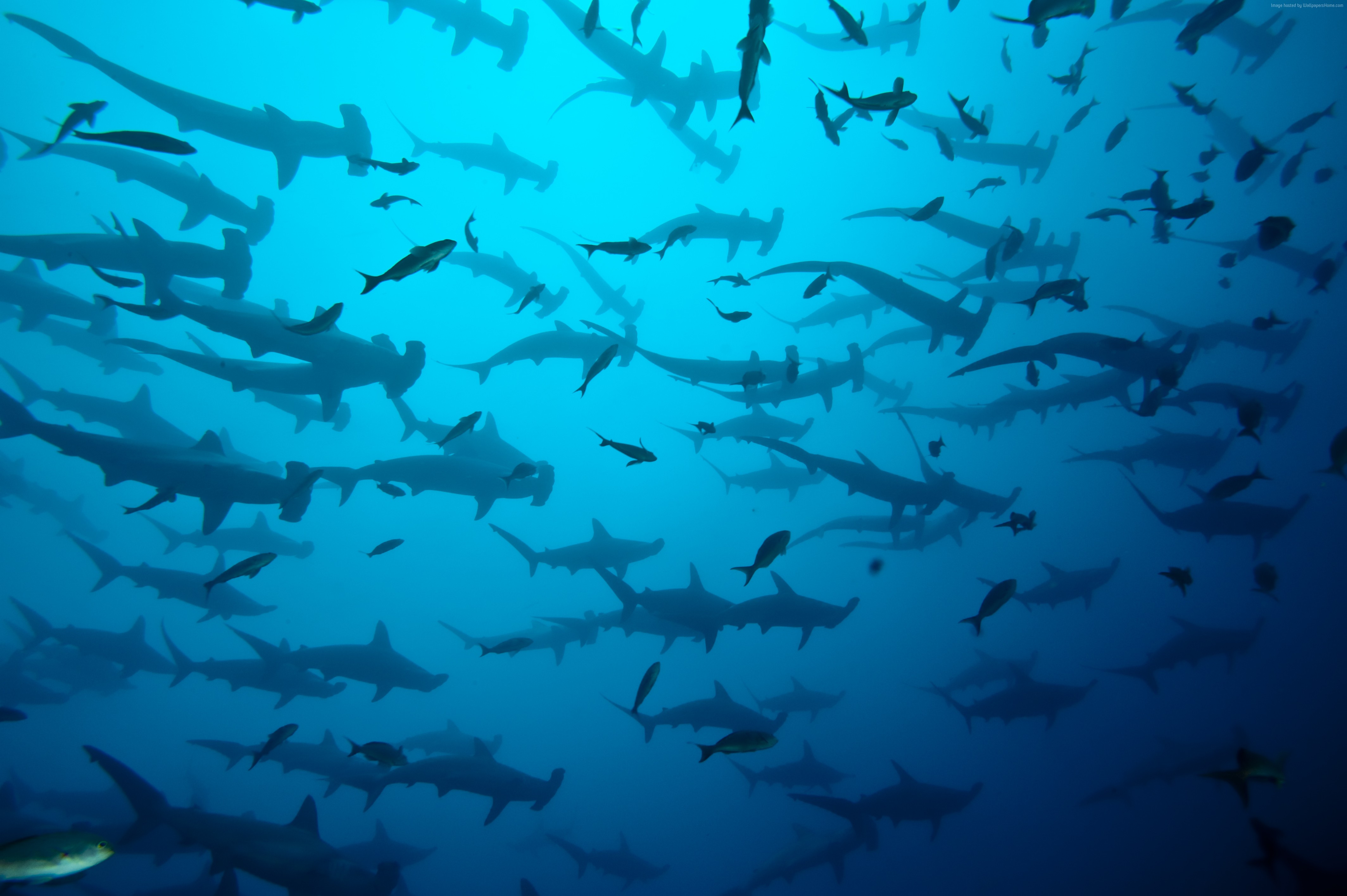SAN JOSÉ (Costa Rica)- Dr. Mauricio Hoyos, 48, a renowned Mexican marine biologist and leading shark researcher, is recovering after being bitten by a shark this past Saturday during a scientific expedition at Cocos Island, Costa Rica.
Dr. Hoyos, who has dedicated decades of his career to the study and conservation of sharks, was leading a tagging operation when the incident occurred. The shark, a Galapagos shark (Carcharhinus galapagensis) measuring approximately three meters, bit him on the face and scalp. Experts emphasize that such events are extremely rare and are often provoked defensive responses rather than predatory attacks.
One Ocean Worldwide Coalition
The expedition was part of the One Ocean Worldwide Coalition. This coalition is an international partnership of leading ocean conservation organizations, including Fins Attached Marine Research and Conservation, For the Oceans Foundation, Reserva Tortuga, United Conservationists, and the Rob Stewart Sharkwater Foundation. United in mission, the coalition works to protect and restore ocean ecosystems through scientific research, marine conservation projects, and community engagement. By combining expertise and resources, the coalition advances global efforts to safeguard sharks, rays, turtles, and other marine life, while promoting the long-term health of our shared ocean.
Remarkably, the incident happened on the same day Dr. Hoyos was honored with the Rob Stewart Ocean Conservationist of the Year Award, recognizing his lifelong contributions to shark research and conservation. “During a recent expedition, I experienced a defensive bite from a Galapagos shark just after tagging it. Encounters like this remind us that sharks are wild animals deserving of respect, and their reactions are a natural response to close interaction. I remain committed to continuing research that helps us better understand and protect these magnificent animals. This is why it is important to continue you tag these sharks,” said Dr. Mauricio Hoyos.

Cocos Island Park rangers
Immediate emergency response came from the Cocos Island Park rangers, Fire Department paramedics and the Coast Guard. Fire Department paramedics, and the Coast Guard was critical ensuring that Dr. Hoyos received urgent medical attention.Paramedic Josué Sandoval, stationed at the island’s fire station, confirmed that Dr. Hoyos was stabilized on land before being transported by boat to Puntarenas and onward to San José. After a 42-hour transfer covering more than 650 kilometers, he was admitted to Clínica Bíblica Hospital, where he remains under observation.
“Incidents like this are extremely rare. Dr. Hoyos is an extraordinary scientist who has dedicated his career to shark conservation, and we are deeply grateful for the support of the Cocos Island community during this difficult time,” said Alex Antoniou, Executive Director of Fins Attached.
“The professionalism of the park rangers and paramedics of Cocos Island allowed for a quick response. All members of the coalition were concerned about Dr. Hoyos condition, but we are happy he is recovering nicely. The professionalism of the park rangers and paramedics on Cocos Island made it possible for Dr. Hoyos to quickly receive the care he needed. He is in good hands with excellent medical staff,” said Jorge Serendero, Director of For the Oceans Foundation.
Dr. Hoyos is internationally recognized for his groundbreaking work on shark behavior, conservation, and marine ecosystem protection. His leadership within the One Ocean Worldwide Coalition continues to inspire efforts to safeguard the ocean and its species.
UNESCO World Heritage
Cocos Island, a UNESCO World Heritage Site located more than 500 kilometers off Costa Rica’s Pacific coast, is home to a wide variety of marine life, including hammerhead, whitetip, and Galapagos sharks. While globally celebrated as one of the world’s premier diving and research destinations, shark bites remain an exceptionally rare occurrence.
The One Ocean Worldwide Coalition and its partner organizations extend their gratitude to the Cocos Island rangers, fire fighters, the Costa Rican Coast Guard, The Okeanos Aggressor group, and Clínica Bíblica Hospital staff for their swift action and dedication in ensuring Dr. Hoyos received the care he urgently needed.


